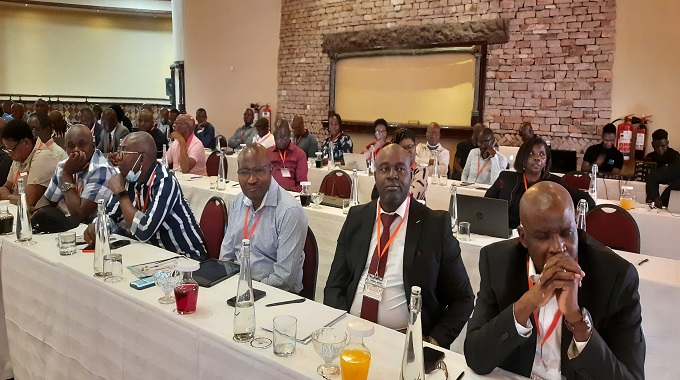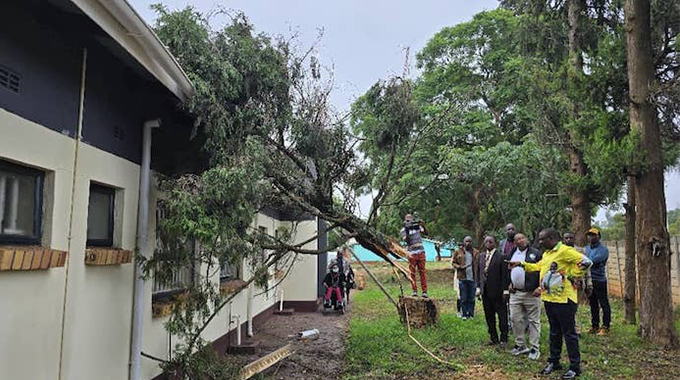Serious social dialogue needed to tackle labour disputes

Leonard Ncube, Victoria Falls Reporter
STAKEHOLDERS have called for serious social dialogue between employers, workers and Government to prevent disruptive industrial action and job losses as well as enhancing productivity in the country.

Delegates at the NECs forum in Victoria Falls
Speaking during discussions on the first day of the National Employment Council (NECs) chairpersons, councillors and general secretary’s symposium in Victoria Falls on Tuesday, the gathering stressed the need to prioritise social dialogue starting at shop floor level to management before resorting to court or trade union litigation.
The meeting is being attended by NECs, officials from the Ministry of Public Service, Labour and Social Welfare and labour experts. By engaging each other, labour experts believe workers and management can prevent labour legal battles, save time that is critical for work and ultimately promote productivity.

Delegates at the NECs forum in Victoria Falls
Since the outbreak of Covid-19, some organisations have been terminating jobs with some workers seeking legal recourse while some unions have been threatening industrial action.
There was consensus during the meeting that entrenching social dialogue in labour systems is key as it aligns with the International Labour Organisation call for parties to dialogue as a solid foundation for industrial transformation, a key aspec in the implementation of the National Development Strategy 1 (NDS1).
Public Service Permanent Secretary Mr Simon Masanga said social dialogue was supported by an Act of Parliament, the Tripartite Negotiating Forum Act, which was inaugurated in 2020.He said the process had proven to be effective. “When we engage as Government, business and labour we are guided by an Act of Parliament, which compels us to negotiate any social issue,” said Mr Masanga.
“So, we are here specifically to interact at the invitation of NECs as they play a delegated role to deal with collective bargaining issues at sector level and this is working very well.
“Social dialogue is very effective and problems can be solved on the table. Before workers can decide to take up their constitutional right to withdraw labour, we should do social dialogue and it should start at plant level with the workers’ committee engaging the employer.
So, it starts at shop floor level and escalates to registered federations or trade unions,” said Mr Masanga. The main federations are the Zimbabwe Congress of Trade Union and Zimbabwe Federation of Trade Unions, which are then able to engage with Government, business and labour. On the other side will be the Employers’ Confederation of Zimbabwe (EMCOZ), and its affiliates and Government representatives from line ministries.
Challenges that affect the labour market such as foreign currency shortages and exchange rates, inflation and constant erosion of incomes tend to create conflict in industrial relations, which gets distorted unless partners find common ground. Labour lawyer Mr Rodgers Matsikidze said there are more gains in social dialogue than engaging in strikes and walkouts.
“Social dialogue takes us a step closer towards labour laws and to cope up after Covid-19 and avoid retrenchments by ensuring everyone is at work. It has potential to transform the labour system in Zimbabwe,” he said.
“If people engage in strike, industrial action and walkout we are wasting a lot of production time. So, if we have social dialogue at the workplace level, it means whatever we agree upon we are going to implement it without somebody pushing and this is voluntary and comes out of faith.
As a result, what parties want to achieve is achievable as opposed to legal remedies.” NECs coordinating committee chair, Ms Rose Mambo, said the meeting was an apt platform for NECs to interact and assist each other to fulfil their functions.












Comments